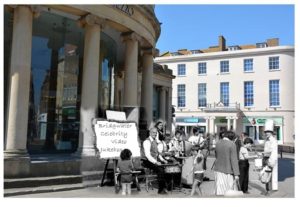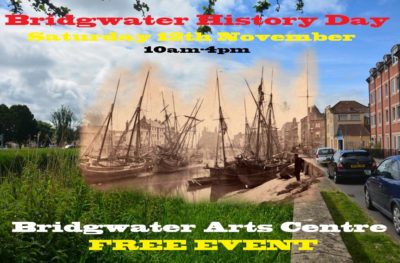 Bridgwater people have always been proud of their town’s history whether it’s the first town to petition against the slave trade or the last battle on English soil. With our ‘Bridgwater History Day’ we hope we can dig a little deeper into that history. Throughout the day the Art Centre will be home to a pick and mix selection of 7 topics from 700 years of Bridgwater History presented by 7 local historians using photos, film, music and short talks and in a format whereby you can join in and contribute your own thoughts on what has made our town special throughout the centuries.
Bridgwater people have always been proud of their town’s history whether it’s the first town to petition against the slave trade or the last battle on English soil. With our ‘Bridgwater History Day’ we hope we can dig a little deeper into that history. Throughout the day the Art Centre will be home to a pick and mix selection of 7 topics from 700 years of Bridgwater History presented by 7 local historians using photos, film, music and short talks and in a format whereby you can join in and contribute your own thoughts on what has made our town special throughout the centuries.
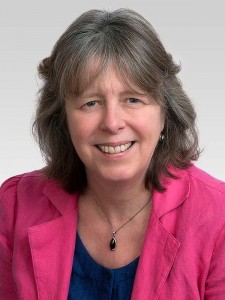
The event is sponsored by Bridgwater Town Council. Free entry -You are welcome to drop in and out, pick and choose your speakers or stay for the whole day. 10.00am – 4pm
1030 into – Welcome by Cllr Kathy Pearce, Deputy Leader of Bridgwater Town Council – Bridgwater born and bred.
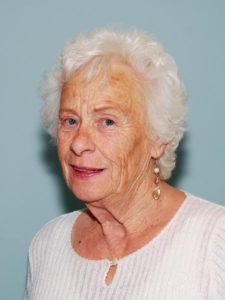
1035-1115 “Bridgwater’s lesser known historic personalities” – An illustrated talk about lesser-known historic Bridgwater personalities by Joyce Hurford, who is a volunteer at the Blake Museum and a member of Friends of Wembdon rd Cemetery and who gives insightful and entertaining talks on the history and people of Bridgwater through which she has raised an impressive amount of money for heritage causes..
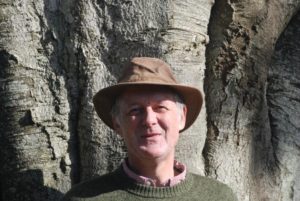
1115-1200; “Recent archaeology in and around Bridgwater” ;- County Archaeologist for the South West Heritage Trust , Bob Croft , will talk about recent sites and set a bit of the context of why the archaeology of Bridgwater is important . He will also show a short film about Mary Wills who used to live on a farm near Hinkley Point. Bob worked as the County Archaeologist for Somerset County Council for many years and now works for the South West Heritage Trust providing archaeological advice throughout the county to the County Council and the District Councils. He is now the Historic Environment and Estates Manager for the SWHT.
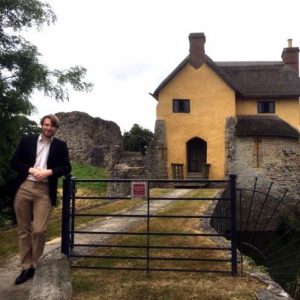
1200-1245 Title: ‘Bridgwater’s Medieval Masterpiece: a ceiling in Glasgow’. In the 1890s a beautifully carved medieval ceiling, with all sorts of beasts and characters, was discovered by accident under some plaster in a house in St Mary Street (now part of the motor bike shop). It was taken down and sold by the owner, Robert Pitman, and ended up in Glasgow as part of the Burrell Collection. It is considered to be one of the finest treasures of old Somerset. Dr Miles Kerr-Peterson works at the University of Glasgow and the Burrell Collection in that city. He is also chairman of the Friends of the Wembdon road Cemetery.
1245-1330 Lunch break. Snacks, café and bar will be available

1330-1415 Stolen Paradise: Civilian squatters in military camps in postwar Bristol and Somerset. In the summer of 1946, thousands of British families took the law into their own hands to temporarily solve their housing problems by requisitioning almost all of the empty military camps around the country. The movement was mostly headed by ex-servicemen and quickly forced the government to back down and designate the camps as council houses. Eugene Byrne looks at a very British revolt and how it played out in Somerset and surrounding areas. Eugene is a journalist and author. He edits the Bristol Post’s ‘Bristol Times’ local history section and is a regular contributor to BBC History magazine and the Western Daily Press. He is also a visiting research fellow in history at the University of the West of England.
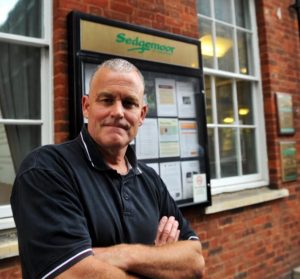
1400-1445 – A self-contained town: Bridgwater in the 1950’s. The 1950’s is a decade that brings back specific memories for those Bridgwater people who remember it. A38 traffic jams; “Rock around the Clock”; the first motor car, TV, or Hi-Fi on your street; clearing the Courts; brand-new, but dimly-lit, council estates; more pubs than you could shake a stick at; Bridgwater’s first ever Labour Council; “Productivity” and, of course, the coming of Hinkley Point. The story is told by Dave Chapple, a Clevedonian, who has lived in Bridgwater since 1987. A delivery postman for 38 years, Dave is Chair of Bridgwater and District Civic Society and Secretary of the local trades union council.
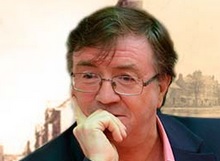
1445-1530 – “From Punk Rock to Poll Tax -The Sheep Worrying Story”. Bridgwater in the 1970s and 80s was the setting for a DIY punk rock revolution in the country’s first art centre and in a town famed for its carnival traditions, rebel stirrings and general bloody mindedness. How had it come to this, what happened and did it work? Former head Sheep Worrier Brian Smedley tells the tale. Today Brian is the leader of Bridgwater Town Council but in the 1970s and 80s was a punk rocker with the bands the Dangerous Brothers, the Sedgemorons and Red Smed and the Hot Trot Smash the System Boogie band. He formed Sheep Worrying Enterprises, wrote and presented several local history plays and was editor of Sheep Worrying Magazine.
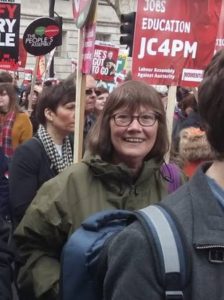
1530-1600 ‘Is Bridgwater History?’. Open discussion led by Glen Burrows, Secretary of the Bridgwater Senior Citizens’ Forum, and also active in the Bridgwater & District Civic Society, Friends of Bridgwater Station and Bridgwater & District Trades Union Council. Glen says “I believe that history and heritage are part of the present as well as the past. History must be a living matter and not an academic pursuit. Community involvement today is vital if we are to genuinely respect and understand the past. “The past we inherit; the future we build”.
Bridgwater Celebrity Video Juke Box
If you’d like to continue this celebration of local history you are welcome to come back to the Art Centre in the evening and take part in the Bridgwater Celebrity Video Juke Box event. This is a free social event where the speakers of the day and anyone who wants to can have a drink and share some of the music that has stirred them through the generations and find out why. The evening event is free and runs from 7.30-1030.
The Day will also feature an exciting new exhibition of ghost photos of Bridgwater Old and New by local photographer Jim Goddard which bring truly bring the past to life as we see streets and buildings of our town as they were and as they are.To see more click here.

